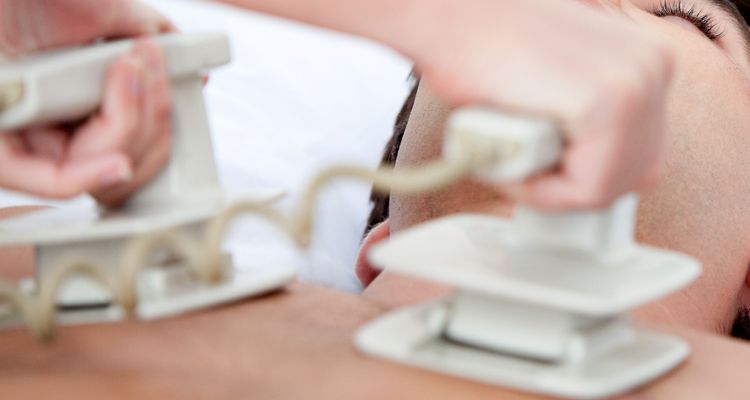Do Not Resuscitate Order (DNR) Cheat Sheet
For when you need to go one step beyond a Living Will.

Here are five things you should keep in mind before and after creating a DNR with your doctor.
1. This Only Applies To Your Breathing And Heart

You can still receive medical treatments, medicines, surgeries, and procedures if you have a DNR. It only applies in situations when your heart or breathing stops.
2. You Need A Doctor To Do It

A DNR must be completed with a doctor. Your doctor will provide you with your state’s DNR forms and will counter-sign the documents with you.
3. It’s Different Than A Living Will and Advance Directive

An Advance Directive is a very helpful guide, which you should definitely create, but it doesn’t have to be honored. EMTs and other health professionals are legally obligated to obey your DNR.
4. Keep It Everywhere!

This is one of those things that you don’t lock in a box and hide away. People need to know about it. The default behavior for doctors, EMTs and other medical professionals is to keep you alive at all costs. If you don’t want that to happen, then don’t go far without your DNR.
5. The Choice Is Always Yours

Never feel pressured to fill one out. Like we said in the tip above, doctors and medical providers are obligated to keep you alive at all costs. If that's what you want then a DNR isn't for you. However, if you've told family and friends you don't want to be resuscitated, then you have to make it official with a DNR or else there's no legal way to stop these treatments.
- Trusts Cheat SheetTrust us when we say this is as basic as we can make Trusts.Read more
- All You Need To Know About Advance DirectivesWhen you can’t make health decisions for yourself, this is the north star...Read more
- How To Create A Do Not Resuscitate Order (DNR)A DNR is a medical order that states you don't want cardiopulmonary...Read more
- How Organ Donation WorksIf the person who died was a registered organ donor, measures will be taken...Read more



